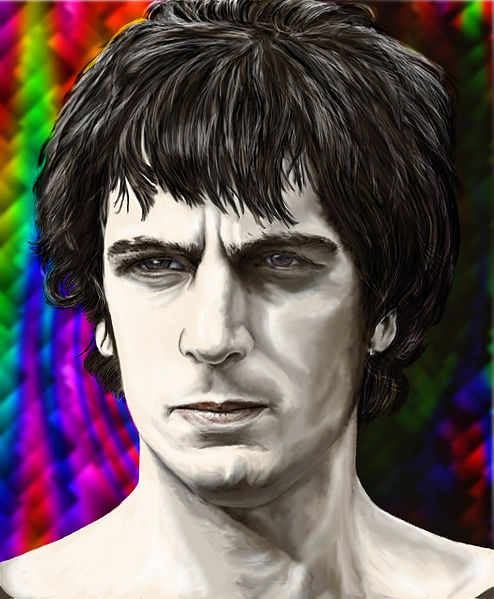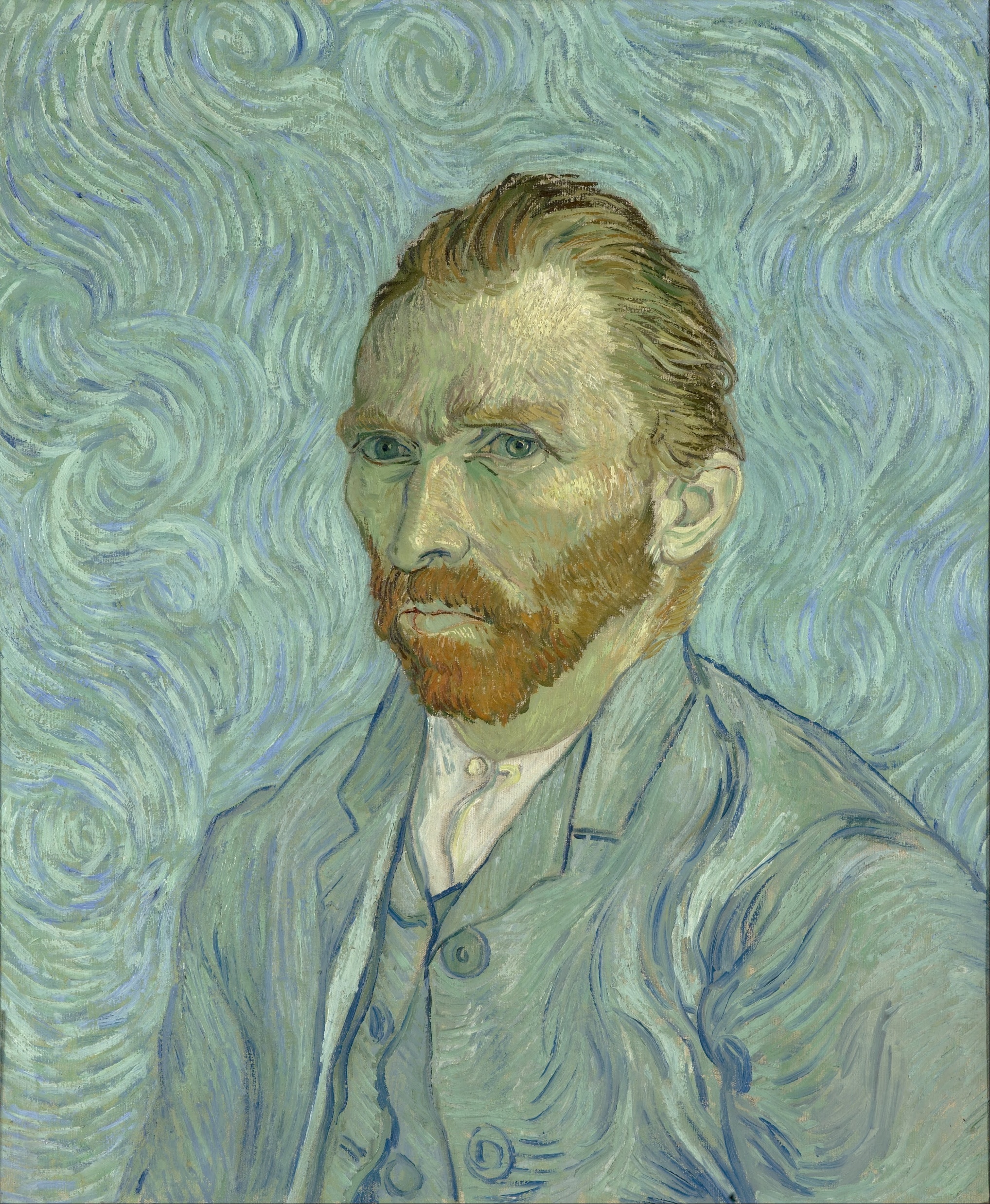Definition of Schizophrenia and Key Terms
Schizophrenia is a complex mental health condition that affects how a person thinks, feels, and behaves. It is characterized by:
- Changes in thinking and perception
- Alterations in behavior and emotions
- Impact on daily functioning
- Variable course and outcomes
Important: Schizophrenia is a medical condition, not a character flaw or personal weakness. It can affect anyone, regardless of background, intelligence, or lifestyle.
Psychosis
Etymology: "Psyche" (soul/spirit) + "-ose" (prolonged illness)
General Definition: A disorder in which a loss of reality occurs
Most Important Examples:
- Schizophrenia
- Schizoaffective disorder
- Severe depression or mania
Schizophrenia
Etymology: "Schizo" (split in two) + "Phrenie" (diaphragm, seat of the soul)
Those affected experience two realities/perceptual worlds that are not perfectly aligned with each other:
'Socially shared, universal' reality
- Equal meaning of factual things such as date, place, political events
- No difference to those without the disease
'Private' reality
- Very personal view of certain events
- Often not comprehensible to others
Note for Clinicians: Group Session Structure
Getting Started
- Greeting: Welcome each participant to create a supportive atmosphere
- Introductions: Share names, professions, medical history, and expectations
- Group Rules: Establish confidentiality, respect for others' opinions, and equal participation
- Overview: Preview the topics and structure of upcoming meetings
Famous People with Schizophrenia
Throughout history, many accomplished individuals have lived with schizophrenia while making significant contributions to science, art, and culture:
- Otto I and Ludwig II: German rulers whose reigns were marked by both accomplishment and struggle with mental illness
- John Nash (1928-2015): Nobel Prize-winning mathematician whose work on game theory revolutionized economics
- Syd Barrett: Founding member of the rock band Pink Floyd
- Vincent van Gogh (1853-1890): One of history's most influential post-impressionist painters
Many successful and creative individuals throughout history have lived with symptoms of schizophrenia, demonstrating that the condition does not define a person's capabilities or potential.




Who Can Be Affected?
Key Facts
- Affects approximately 1% of the population worldwide
- Typically begins in late teens to early thirties
- Can affect people of all backgrounds
- Both genetic and environmental factors play a role
Risk Factors
- Family history of mental health conditions
- Environmental stressors
- Substance use (especially cannabis)
- Developmental factors
What is Psychoeducation?
Key Components
- Information Transfer - Understanding the condition
- Emotional Relief - Managing feelings and stress
- Building Hope - Finding positive paths forward
- Self-help Strategies - Developing coping mechanisms
Goals
- Reduce anxiety through understanding
- Contact with fellow sufferers
- Process grief and manage guilt
- Build self-efficacy
- Develop effective coping strategies
Note for Clinicians
These are some of the possible effectiveness factors of psychoeducation. You may also share them with the participants of the group.